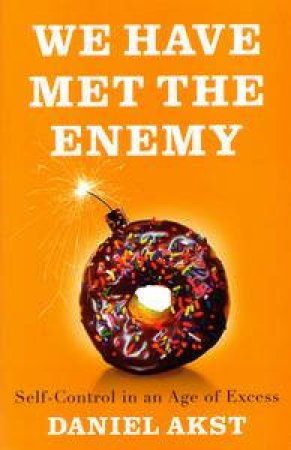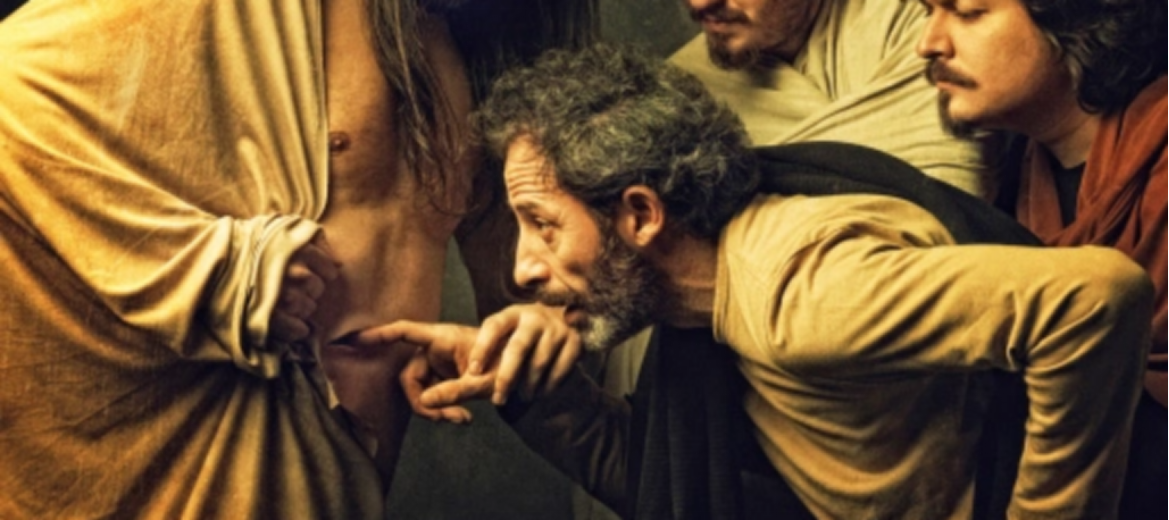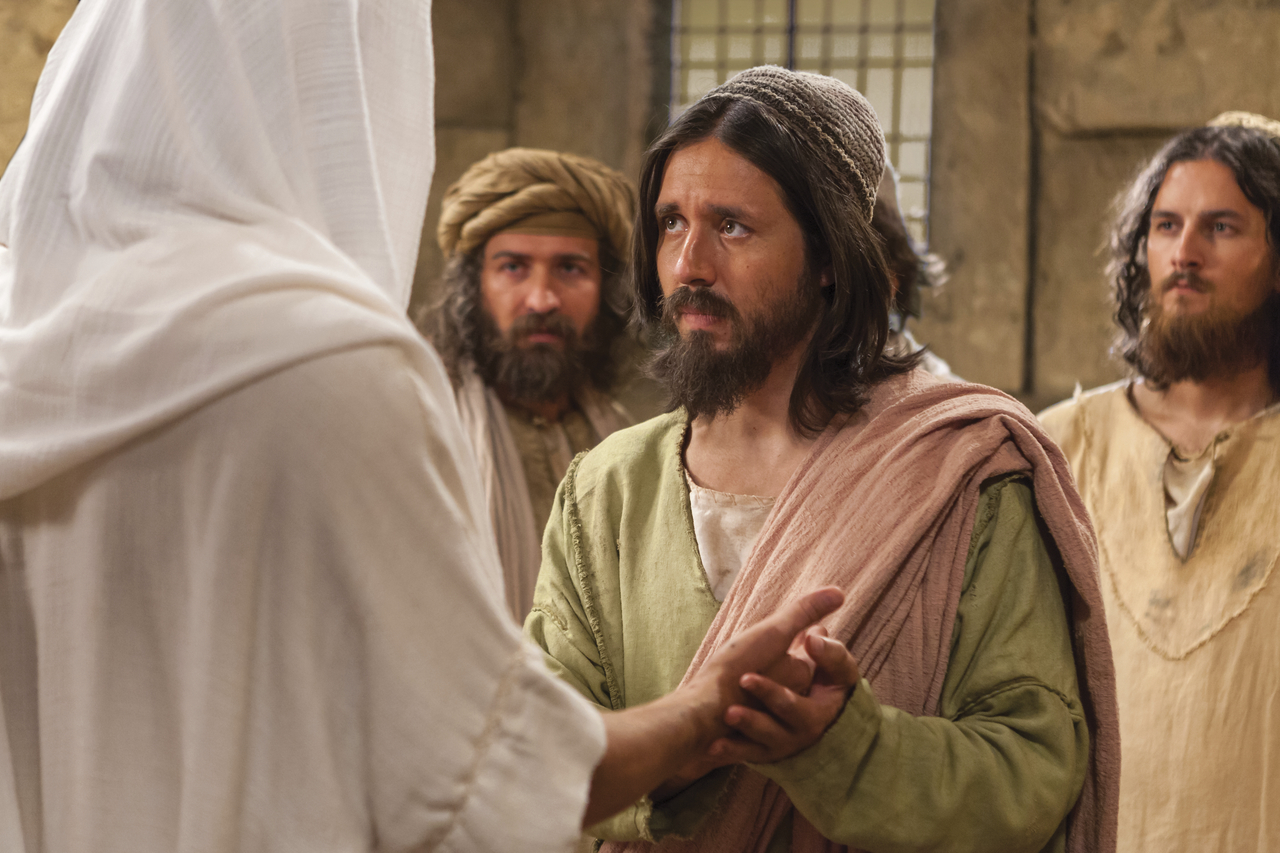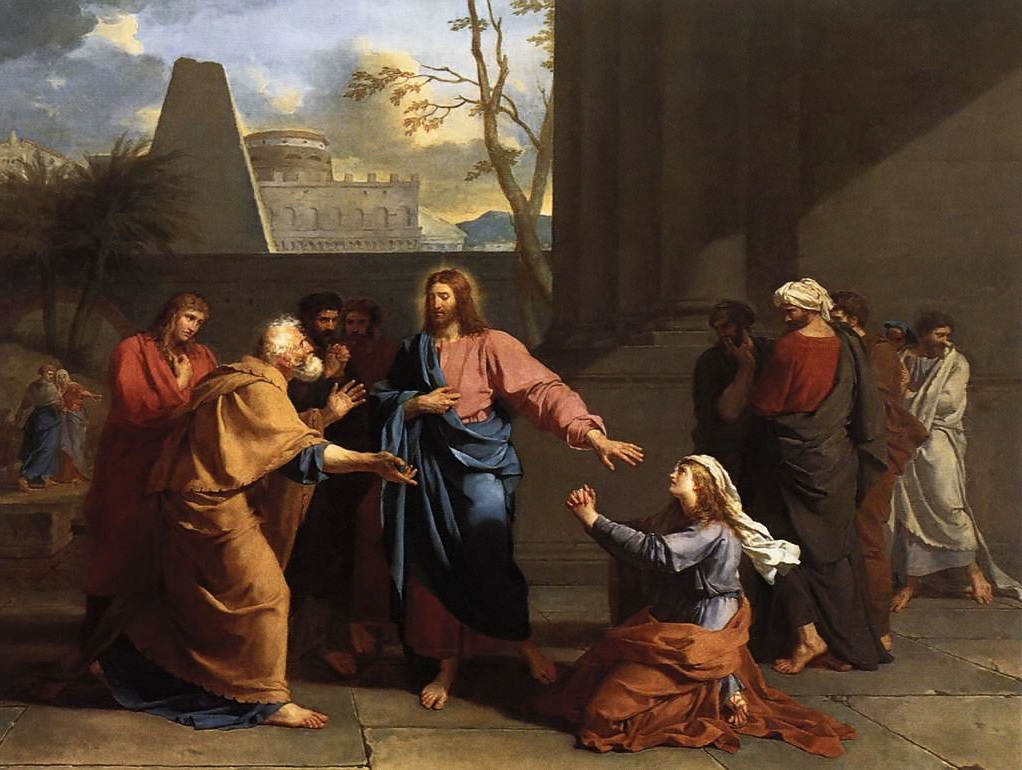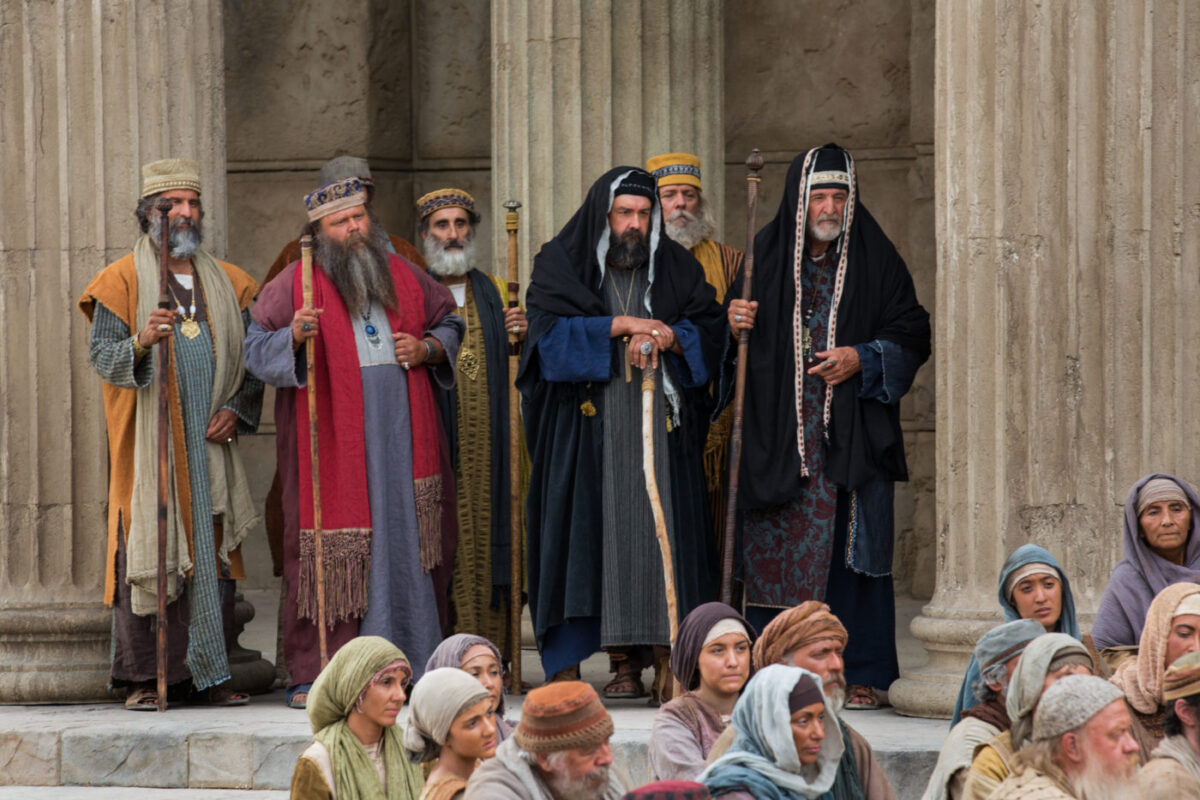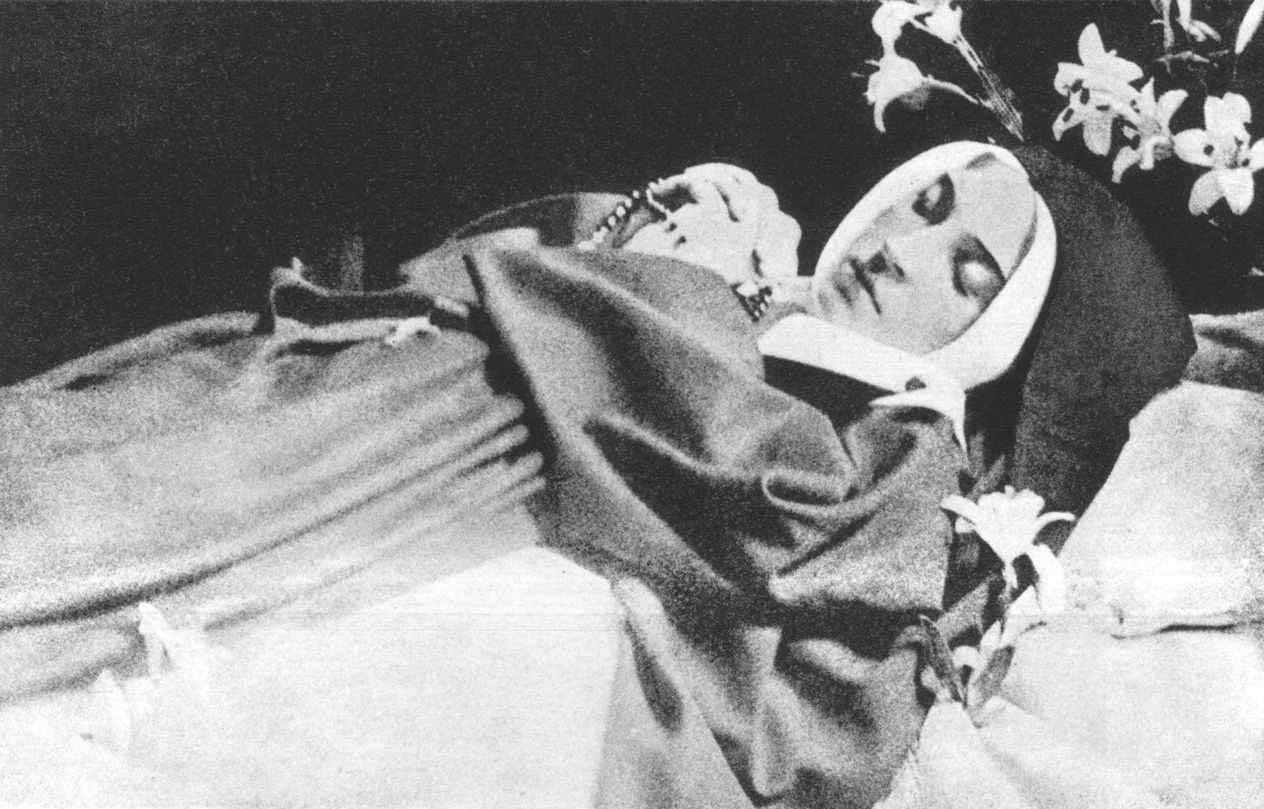Stay Humble
Let’s take a break from current events and return to a more classic RosaryMeds post — an actual Rosary meditation. As we enter Advent and the Christmas season, I want to give some of my ideas of the First Joyful Mystery and its fruit, humility.
In the Annunciation, Mary’s humility is exemplified in her response to the angel Gabriel when she said, “Behold, I am the handmaid of the Lord; let it be done to me according to your word” (Luke 1:38). She showed a joyful willingness to submit to God’s will and a trust in God’s plan for her life. She accepted the role that God had given her despite the radical changes and challenges it would bring. In short, she placed God’s will before her wants and desires.
Buying for Ourselves During Christmas
Placing God before our wants and desires can be challenging during Advent. That is why it’s important to be aware of the temptations that draw us away from behaving humbly. We are bombarded with advertisements to shop until we drop. Even when we shop for others, it’s hard to curb that desire to buy things for ourselves or at least desire them. We may obsess over receiving a certain gift and fixate on how we’re going to hint to our loved ones to buy it. There’s nothing wrong with wanting nice things and maybe splurging occasionally. But those desires can make it harder to practice humility when we place our desires ahead of others’ needs.

I think back to last Sunday’s Gospel where Jesus tells his disciples about the sheep and the goats. The theme of his teaching is that those who serve Jesus are the ones who serve others, particularly those in most need. We honor Jesus when we put the needs of others before our wants. But that is hard to accomplish when we are bombarded with ads everywhere we turn. Advent can easily turn into a season where we serve ourselves, not others, and especially not God.
Trying to Create that “Perfect” Christmas
There are other mindsets that make humility hard to practice during Advent and Christmas. We may truly embrace the idea of “giving” during the season. But is that goal preventing us from acting with true humility? Are we putting our desire to find the perfect present, throw the perfect party, and produce the perfect Christmas ahead of being truly present in other’s lives? Are we praying for one another? Fasting and sacrificing? Maybe we can think of the perfect Christmas as the one where we put others’ spiritual needs ahead of satisfying their seasonal desires.

Praying only for Yourself
Finally, reflect on your humility in prayer and intentions. I so often fall into the mode where I pray only for myself. I focus solely on my challenges, desires, sorrows, and thanksgiving. That’s not exactly showing humility when our well-being is the sole focus of our prayers. It also creates a form of isolation because we don’t look past ourselves. Humility implies a sense of connection with others. After all, how can we put others ahead of ourselves if we don’t acknowledge others in our lives?
There you have it — three different challenges to practicing the virtue of humility during Advent and Christmas. I think it’s important to be aware of these traps so we can actively work on avoiding them. Naturally, asking for Mary’s intervention in these matters through her Rosary and the First Joyful Mystery is a good place to start.







